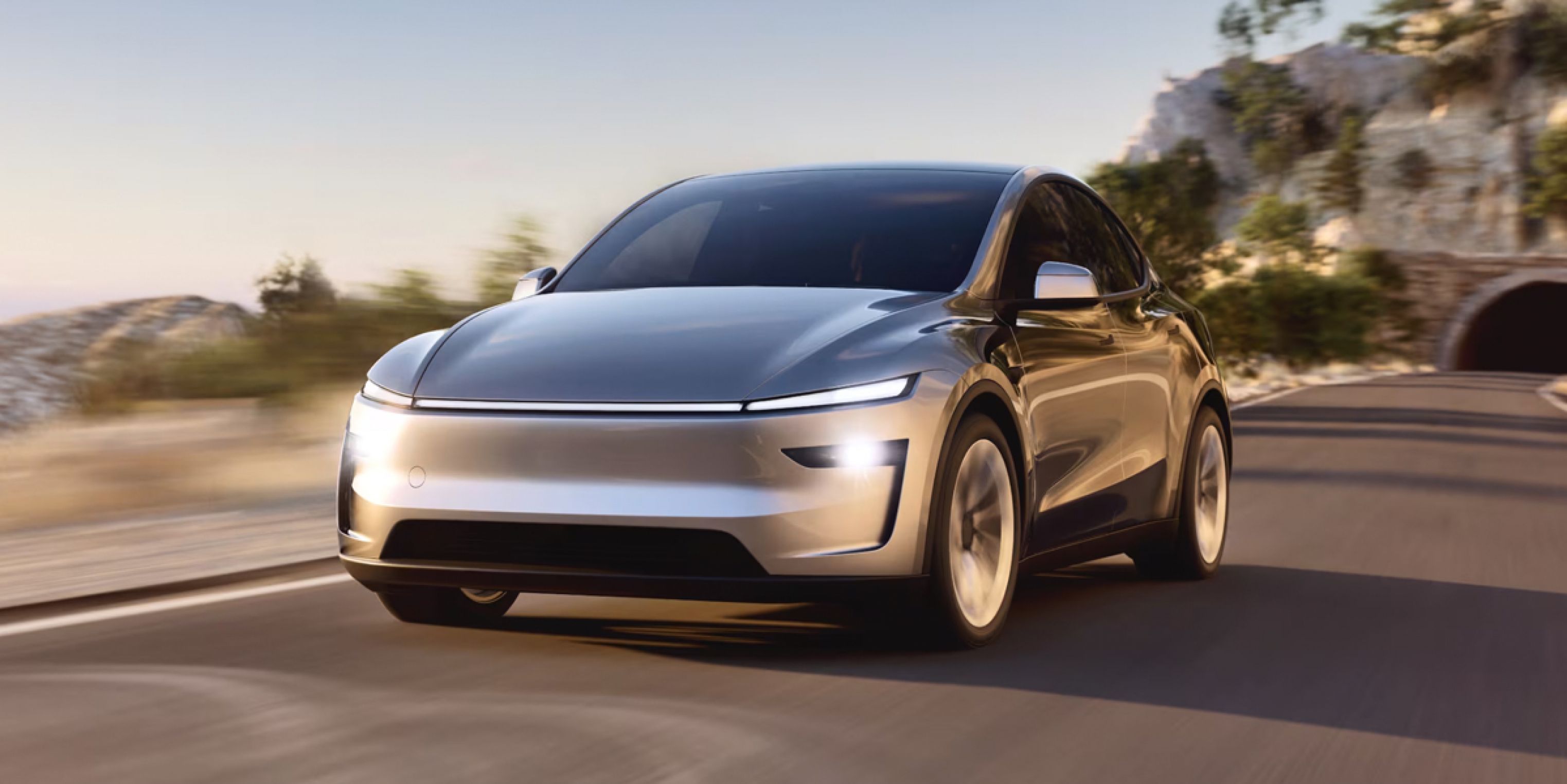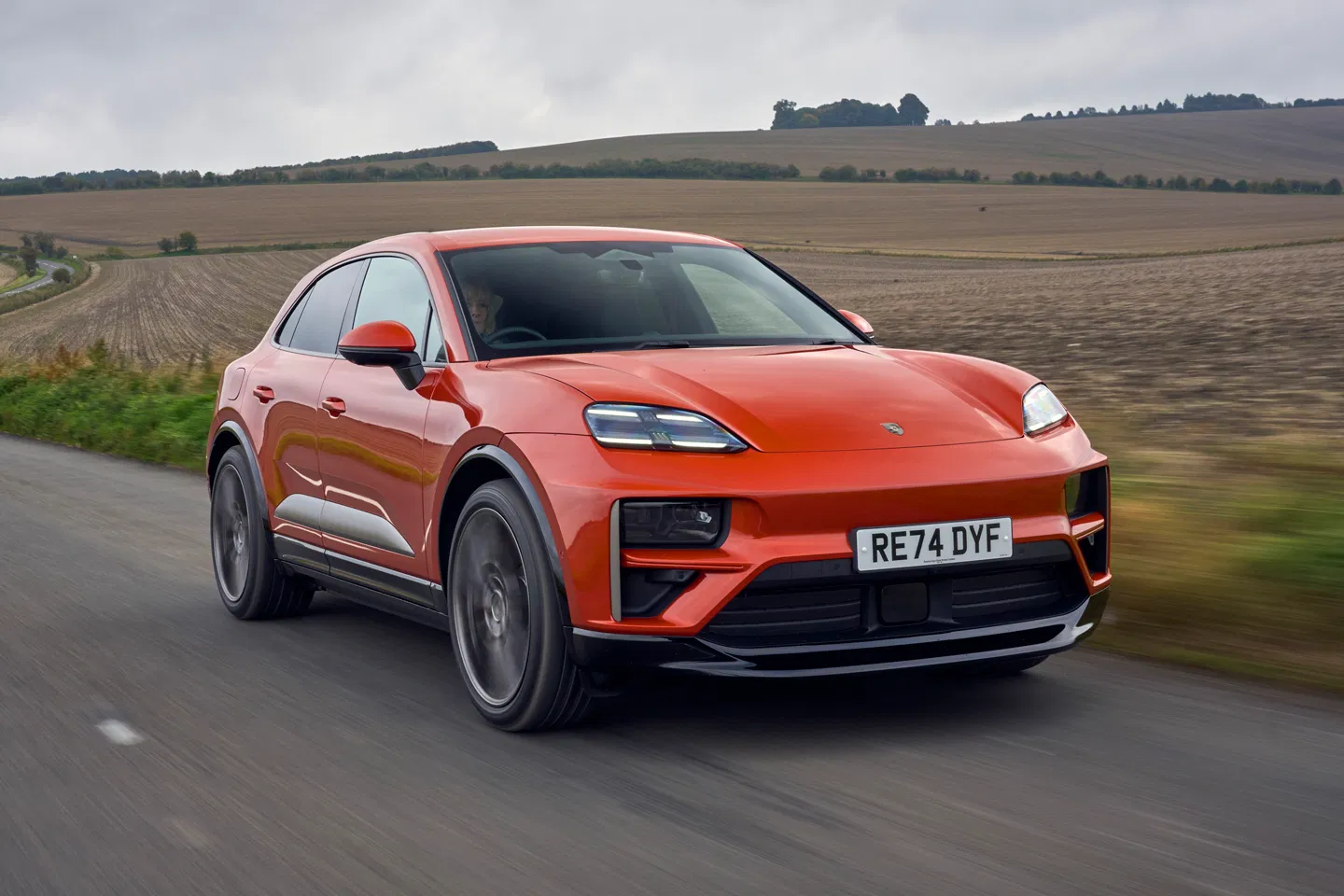Understand Company Car Tax
How Benefit-in-Kind (BiK) Works & Ways to Reduce Your Tax Bill

Content
Newsletter Sign Up
Receive the content right in your inbox weekly
Introduction to Company Car Tax
So you've got a company car or you're thinking about getting one? Great! But wait - have you heard about this thing called "Company Car Tax" (aka "Benefit-in-Kind" or "BIK" for short)? It can end up costing you a fortune if you get it wrong. Don't worry if it sounds complicated - we're about to break it down super simply!
What on Earth is BIK Anyway? 🤔
Basically, if your employer gives you a car that you can (and do) use personally (like driving to and from home, to the shops, taking the kids to school, or weekend trips), HMRC considers this a "benefit" beyond your salary. And yep, you guessed it - benefits get taxed!
How Does BIK Work With Company Cars? 🚗
Every time you use your company car to pop to the supermarket or drive home from work, you're getting a personal benefit from something your company provided.
The taxman wants some of that and the amount of tax you'll pay depends on a few key things:
How fancy (expensive) your car is
How much pollution it pumps out (CO2)
How much income tax you normally pay (20%, 40%, etc)

Calculating Your BIK Tax (Without Needing a Math Degree!) 🧮
Let's break this down into super simple steps:
Step 1: What's your car worth?
This is called the P11D value - basically the list price including VAT and any extras. So if you decided to add a panoramic sunroof or a BOSE sound system, it counts!
Step 2: How clean is your car?
Check your car's CO2 emissions - the lower they are, the less tax you'll pay...hence why you see a lot of electric Porsches on the road.
Step 3: Do the simple multiplication
Take your car's value × the BIK percentage rate (based on CO2 emissions) which you can find here.
Step 4: Apply your tax rate
Multiply the result by your income tax rate (20%, 40%, or 45%)
Let's See This in Action! ✨
Imagine you're driving a £30,000 car with CO2 emissions of 58g/km (giving a 16% BIK rate) and you're a basic rate taxpayer (20%).
Your calculation would be: £30,000 × 16% = £4,800 £4,800 × 20% = £960 per year (or £80 per month)
That's what you'll pay for the privilege of driving that company car for personal use. Not too bad on this occasion...

Going Green Saves You More Than Just the Planet! 🌱 🔋
Electric and low-emission vehicles have MUCH lower BIK rates!
Electric cars currently have a tiny 2% BIK rate. What does that mean in real money? If you had a £30,000 electric car instead:
£30,000 × 2% = £600 £600 × 20% = just £120 per year (or only £10 per month)!
That's a saving of £840 per year compared to our earlier example! Maybe it's time to drop some hints to your boss about going electric...
Current BIK Rates at a Glance 📊
The government sets these rates based on how eco-friendly your car is:
Electric heroes (0g/km): Just 2%
Low emission champions (1-50g/km): 2%-14% depending on electric range
Middle-of-the-road motors (51-74g/km): 15%-19%
Regular runners (75-94g/km): 20%-23%
Gas guzzlers (95g/km and above): Rates climb all the way up to 37%
The good news is, we display BIK figures on all our offers and have a BIK calculator you can use here.
What Does This Mean for Employers? 👔
If you're the one handing out the company cars, you need to:
Report BIK values to HMRC (via P11D forms)
Consider the total package when offering cars as perks (maintenance, insurance, etc)
Maybe think about offering a fleet of eco-friendly options or even look at Salary Sacrifice

Tips for Employees to Keep Your BIK Low 💰
Go electric or hybrid if you can - your wallet (and the planet) will thank you
Consider a car with a lower list price
Skip unnecessary extras that bump up the P11D value
Stay informed about BIK rate changes - the government tweaks these regularly
The Bottom Line 🎯
A company car is still an amazing perk, even with the BIK tax! Understanding how it works means you can make smarter choices about which car to pick, potentially saving yourself hundreds of pounds each year.
And remember - the greener you go, the less tax you'll pay. Maybe it's time to embrace your inner eco-warrior?
Happy driving! 🚗💨
Here are a few questions we get a lot...
If you've got your own question, we'd love to help. Feel free to give us a call or contact us here.
How do I calculate BIK for my company car?
Use the P11D value and CO2 emissions of the car to find the BIK rate, then multiply by your income tax rate.
What cars have the lowest BIK rates?
Electric and low-emission vehicles typically have the lowest BIK rates.
How does BIK affect my payroll?
BIK is added to your taxable income, affecting the amount of tax deducted from your salary.
How does BIK affect self-employed individuals?
Self-employed individuals typically do not pay BIK tax, as BIK is a tax on employee benefits. However, self-employed individuals can claim car expenses through their business, which can offer tax advantages. It’s best to consult with an accountant to understand the most tax-efficient way to manage vehicle expenses if you’re self-employed.
What happens if I change my company car during the tax year?
If you change your company car during the tax year, your BIK liability will be prorated based on the time you use each car. The P11D value and CO2 emissions of the new car will determine the BIK rate for the remainder of the year. Your employer will update HMRC with the details, and your tax calculations will be adjusted accordingly.
Can I reduce my BIK tax by choosing a car with lower emissions?
Yes, choosing a car with lower CO2 emissions can significantly reduce your BIK tax. Cars with lower emissions fall into lower BIK rate brackets, resulting in lower taxable benefits. Electric and hybrid vehicles often have the lowest BIK rates, making them an attractive option for reducing your tax liability.
What is a P11D form, and why is it important?
A P11D form is used by employers to report the value of any benefits and expenses provided to employees, including company cars. It’s important because it details the BIK value that will be taxed. Employers must submit P11D forms to HMRC annually, and employees use the information to ensure their tax returns are accurate.
Are there any exceptions to paying BIK on company cars?
There are limited exceptions, but the more common exception is if the car is only used for business purposes and is not available for personal use or if the vehicle is classed as a commercial vehicle.
How does salary sacrifice impact BIK for company cars?
A salary sacrifice arrangement allows employees to give up a portion of their salary in exchange for a non-cash benefit, such as a company car. While this can reduce the employee’s taxable income, the BIK tax on the company car still applies. However, the overall tax savings from the salary sacrifice can make this an attractive option.
How do I report errors in my BIK calculation?
If you notice an error in your BIK calculation, you should notify your employer immediately. They can correct the information and submit an amended P11D form to HMRC. It’s important to address errors promptly to ensure you’re not overpaying or underpaying your tax liability.
Can BIK rates change during my lease term?
BIK rates are set annually by the government and can change from one tax year to the next. If BIK rates increase, your tax liability may also increase during your lease term. It’s important to stay informed about any changes to BIK rates and plan accordingly.
How can businesses manage BIK for a large fleet of vehicles?
Managing BIK for a large fleet requires careful planning and record-keeping. We can provide businesses with the use of fleet management software to track vehicle details, CO2 emissions, and employee usage. Regular reviews and updates ensure compliance with BIK regulations and help optimise the fleet for tax efficiency.
What support does HMRC offer for understanding BIK?
HMRC provides various resources to help employers and employees understand BIK, including online calculators, guides, and helplines. Visiting the HMRC website or contacting their support services can provide additional information and clarification on BIK-related queries.
What's next?
Enjoyed this? Read our latest news

EV Myths Debunked
In this guide, we debunk the biggest EV myths so you can get the real facts and decide if an electric car is right for you!

Should You Lease or Buy an Electric Car?
This comprehensive guide breaks down the financial implications of both options, helping you understand which approach makes the most sense for your situation.
Are Electric Cars Cheaper to Lease?
Considering an electric vehicle but unsure about leasing versus buying? Our Electric Leasing Guides break down everything you need to know about EV financing options.
Customer Stories
We've helped over 1,000+ customers find their dream car, hear what they have to say.
Read more reviews“As usual, top class service. The team at Motorlet provided first class service from beginning to end with the friendly helpful expertise of Josh and Wendy. Will continue to use their services as I have done for the past six years...” Keep reading
Diane Parish | Audi Q5

New deals weekly
Subscribe to get the latest offers, guides, new, and more, straight to your inbox.


















